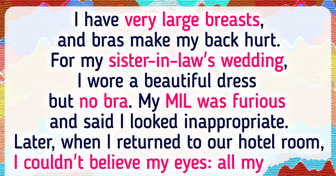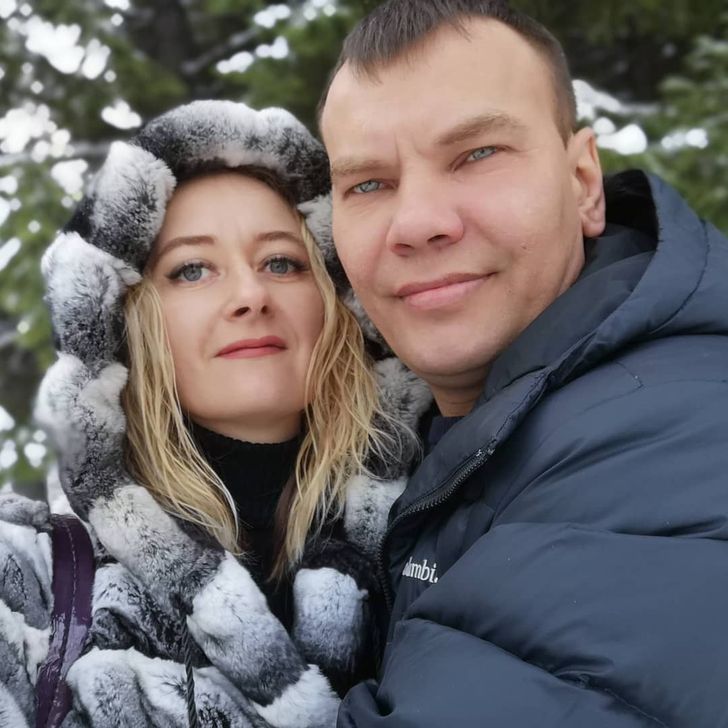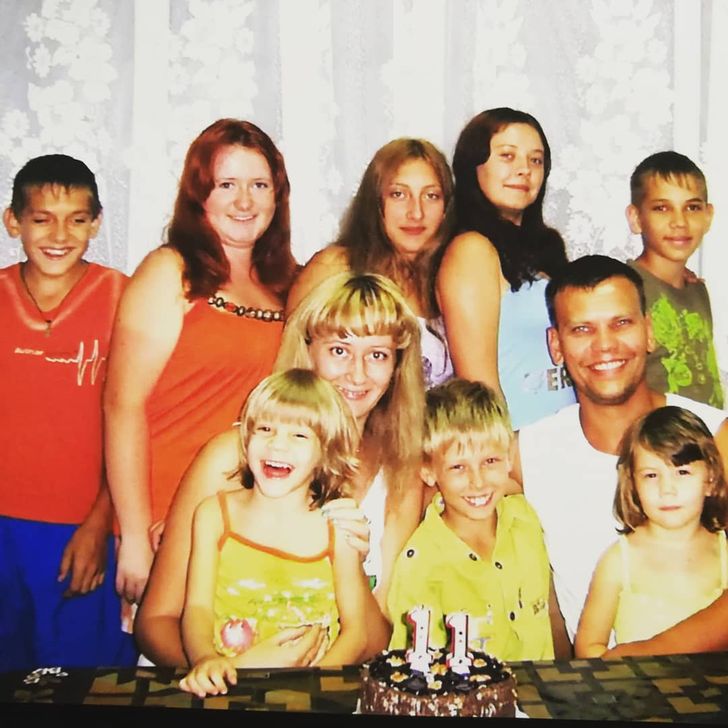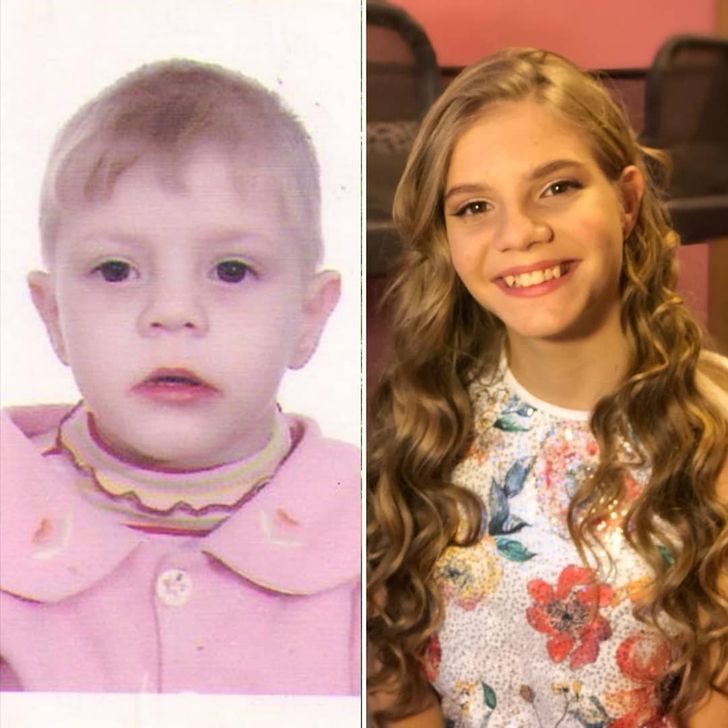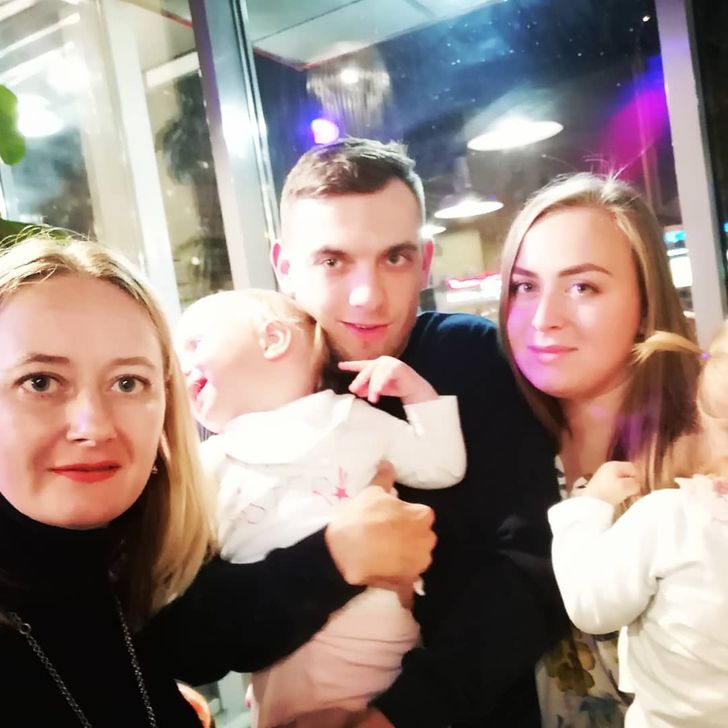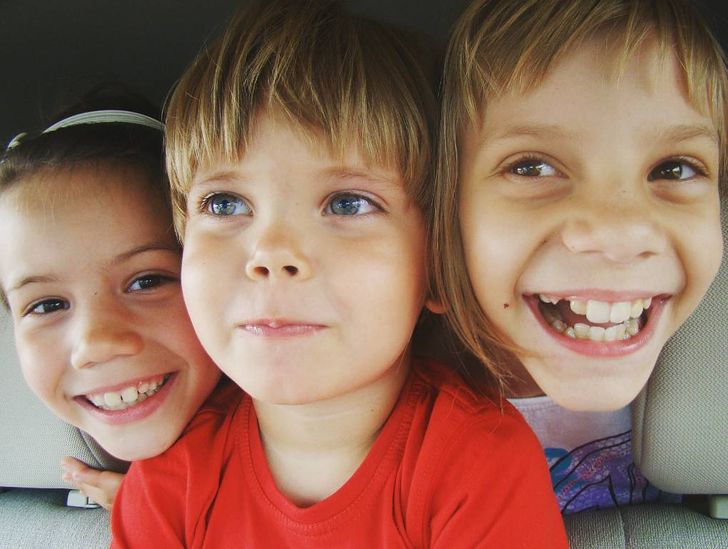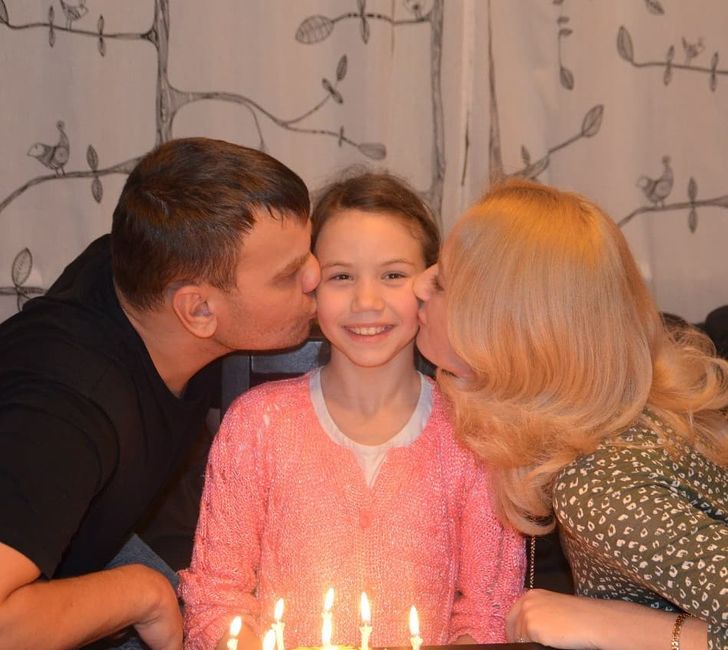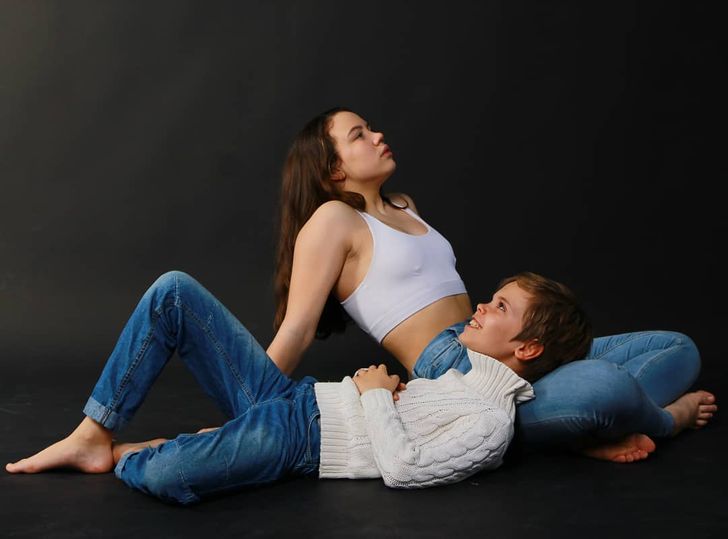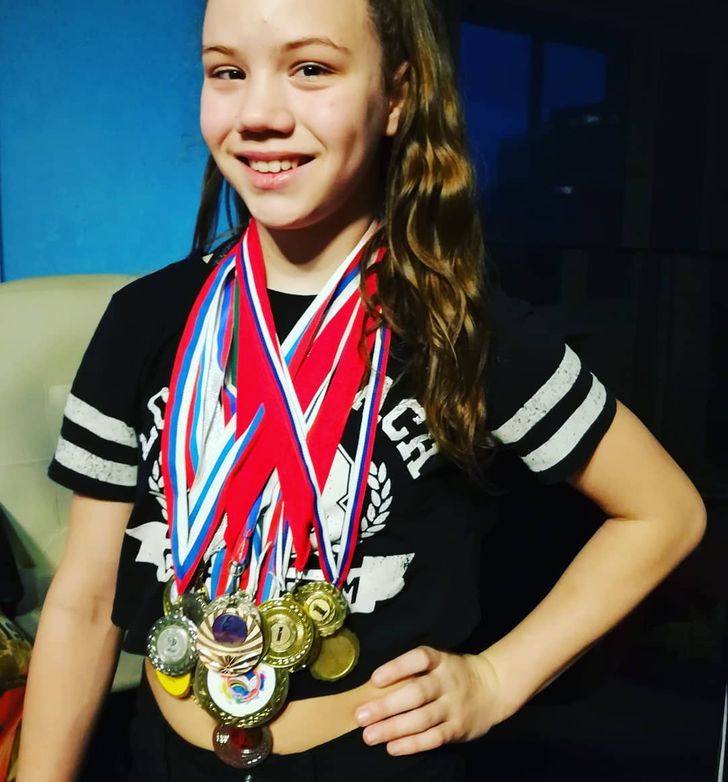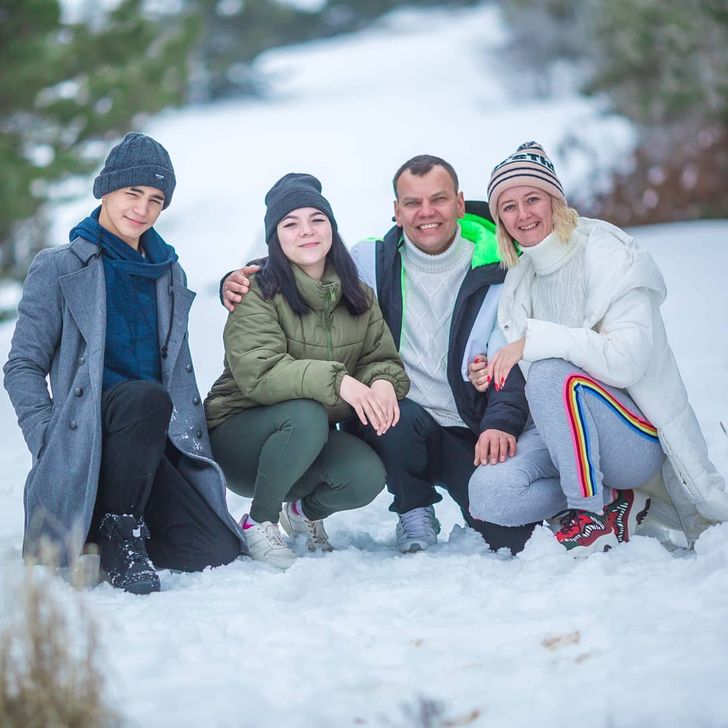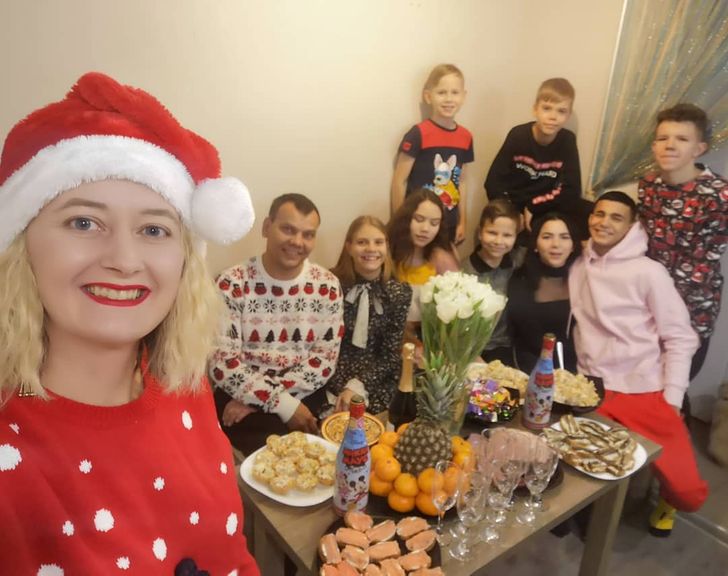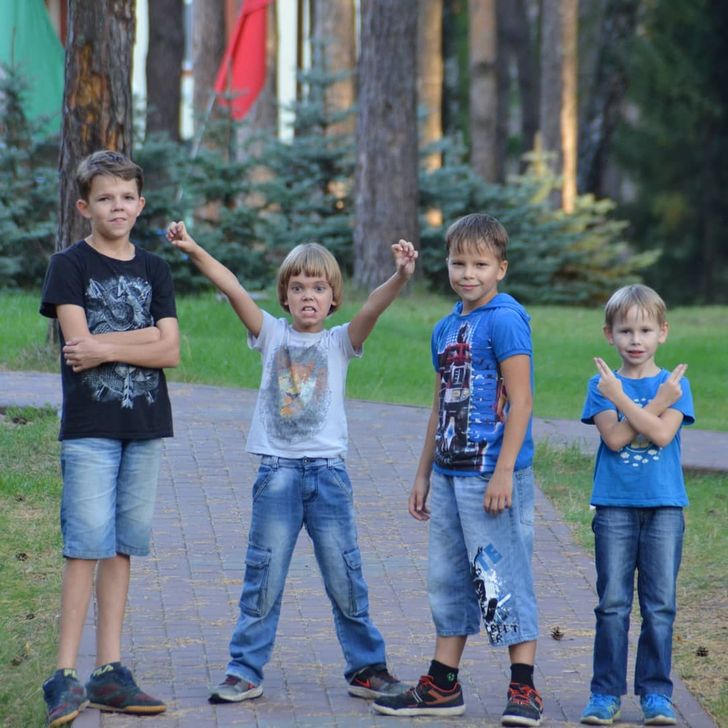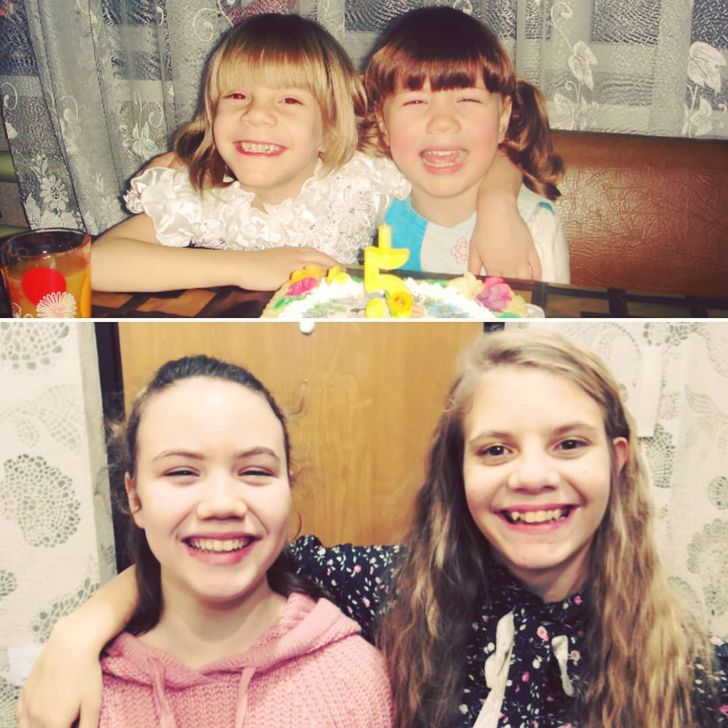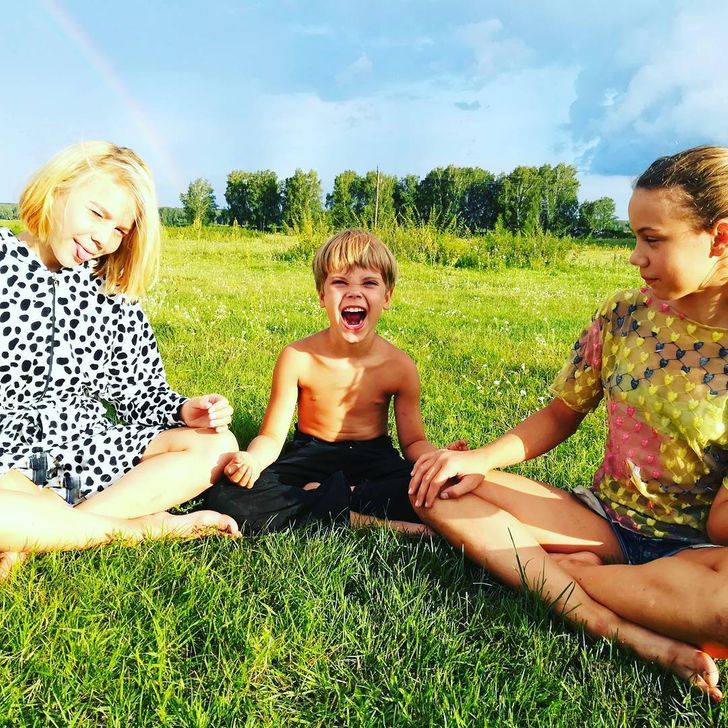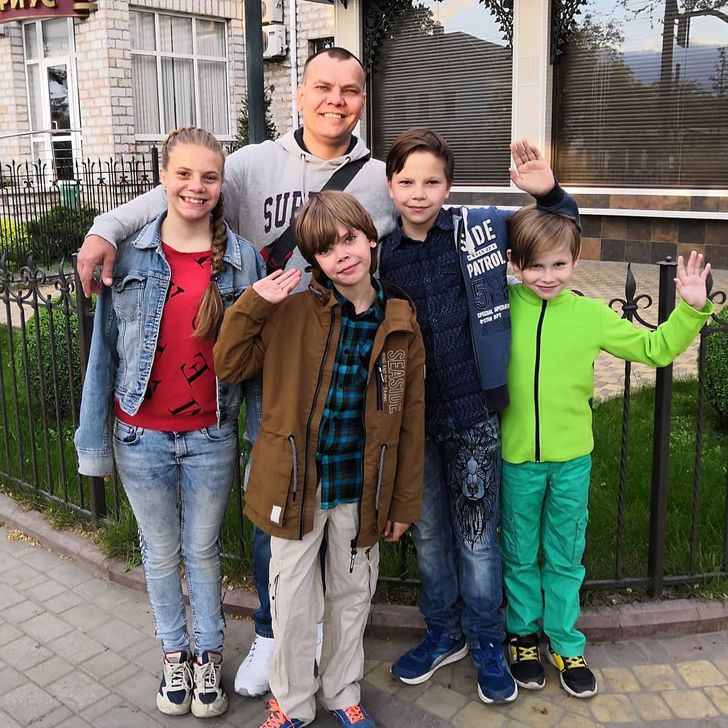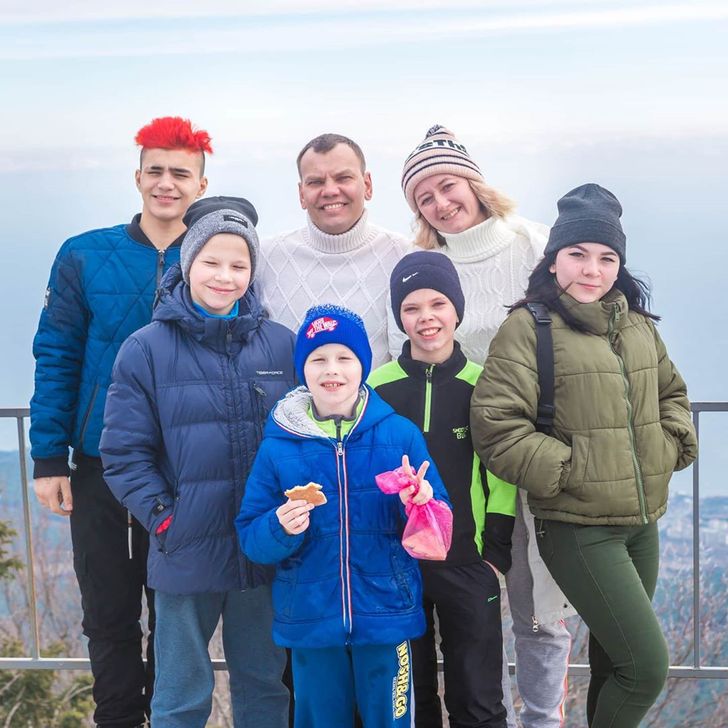I understand you wanna have children but 14.. my god that's a bit too much for me
A Couple Dedicated Their Life to Raise Foster Children, and They’re Already Happy Parents of 14
Hi everyone, my name is Anastasia Gulyaihina. Me and my husband are 40 years old, but we already have 14 children. No, I didn’t give birth to all of them — only to one of them. The other 13 are our foster children, who we’ve found and brought home.
We are from Russia, and exclusively for Bright Side, I want to share our story with you and tell you a little bit about what life in a large foster family is like and how we deal.
We first thought about adoption when we were 19.
My husband and I met a child from a dysfunctional family and we both wanted to help. Since then, we started to think about adopting a child and the idea never left us.
We’d been discussing it, and after a couple of years we decided that we want to have our own baby and when the baby was old enough, we wanted to take one or 2 children from an orphanage.
I couldn’t get pregnant, so we changed our plans and collected all the documents we needed.
The family in 2008
We got our first children in 2007: Sonya (2 years old), Slava (9 years old), and Tanya (15 years old). But it just didn’t stop at this point, and in the following 2 years, we had already become parents of 9 children: I gave birth to our son Lev, and we took Ruslan (12 years old), Karina (3 years old), Emma (16 years old), Katya (15 years old), and Kolya (13 years old).
In 2013, we took another 4 children who are siblings: Nikita (12 years old), Masha (11 years old), Pasha (7 years old), and Timofey (4 years old). In 2017 we took home our last one so far, Yan (13 years old), so now we’re parents of 14 children already. And that’s not the limit.
We could see how traumatic it was for children to grow up without a family.
Karina in the orphanage and now
That’s why we keep taking children and we won’t stop while we are still able. Sometimes I look at my kids, who I only found when they were 4 years old, or 7, or 11, and can’t imagine how that’s even possible. While I was carelessly drinking coffee, walking in a park, or working out somewhere far away, my children were patiently waiting for me to finally find them and take them home. Some of our kids were never hugged or kissed before us and didn’t even know what that was. They don’t know how to love, but they desperately need it.
Not a single orphanage, not even the most perfect one, can replace a family.
Anastasia with her son Kolya, his wife, and their twin daughters
6 of our kids are already grownups and have their own lives and families, but we keep in touch on social media and meet up whenever we can. There’s no better reward than to see what amazing people my children have become and what beautiful families they have.
Now we live with 8 of the youngest children, aged from 11 to 18. The oldest 2 are studying in college and come home from time to time for the weekend. So, usually we only have 6 kids in the house, and it doesn’t even feel like too many. They’re quite grownup and always have something to do. And if somebody is bored, there’s always someone to keep them company. Of course, like every other family, we have conflicts. But we’re all very easygoing, so after half an hour everything’s back to normal.
We are a big family, and without rules, our house would be a mess.
We motivate kids to behave and help with the housework using a system we came up with. Each of their achievements and misconducts counts, and contributes to their pocket money. Good grades, housework, and helping with the other kids counts as a particular number of “pluses,” while misbehavior and bad grades result in minuses. Pluses convert into cash. Need some money to go out with friends — go mop a floor or do the laundry, and earn it. It is super clear, and this system has honestly solved a lot of problems.
We don’t believe in genes, we believe in love.
Children from orphanages are both similar to children from families and, at the same time, nothing like them. They are different in the sense that it is easier to start from the very beginning, rather than to change something. There are things you’ll just have to accept, because they are irreversible parts of a child’s mental state. But love is the main motivator for their development. Every child needs love like they need air, and this is not an exaggeration.
They’re all different, and I find it extremely important to help my children find themselves and their path. I encourage them to try different things so they can realize both what they love and what they are good at, and what suits their personalities — something that will make them blossom, something they were meant to do.
My daughter Sonya is hyperactive and explosive, her energy just bursts out of her. Sport heals her, and it’s something she loves and succeeds in. She’s succeeded in every kind of sport she’s ever tried — gymnastics, cheerleading, and now in weightlifting. She wants to become a coach in the future and work with kids.
My son Yan didn’t get a proper education, nor has he developed the ability to study — it’s a struggle for him to sit and study, even for 15 minutes. But he is extremely funny and charismatic, and his smile melts everyone’s heart. He writes music and wants to become a model, and I’m doing everything to encourage this and support him.
The most difficult part about raising foster children is working on myself.
Children from orphanages, with all their voids and traumas, bring out your own demons. And you either beat your own demons, or you bring the child back to the orphanage, with the belief that these kids are “genetically damaged.” If you realize that love and kindness come first and are driven by these feelings, you will succeed. It is important to realize that whenever a child does something terrible, it is not the child who is bad, but their actions, which are the result of the trauma they’ve been through.
During all these years we were learning, reading, observing, and analyzing our and others’ experiences and were growing as professional parents. Now we can understand and accept 100 times more than we did 13 years ago.
The more you push them and try to make them “comfortable,” the more resistance you get, and it’s exponential.
We build our relationships with our kids on equal terms, and we believe this is our key to success. Orphanage staff couldn’t deal with some of my children, calling them aggressive and unbearable.
But the simple secret is that children just want to be treated like people. And when they are met with this attitude of mutual respect, they’re ready to listen and to cooperate. And, funnily enough, it works for every child and teenager — it doesn’t matter if they’re from an orphanage or have always had a family.
We are a family, and for each of our kids family is important and they value it. We love spending time together, we are very good at playing family games and taking trips. The kids are never jealous of one another, and whenever we wanted to adopt another kid from an orphanage, our children were very excited and supportive.
Potential foster parents can be scared away by anything — unfriendly orphanage staff and their remarks, a child’s rejection, the absence of their “excitement,” their medical record with many diagnoses, family and friends’ “warnings,” and many, many more things. But these are just obstacles parents will have to overcome on the way to their child.
Children are happiness and pain. You need an inner resource to give you this strength. For some it is faith, for me it is the understanding of the path I’ve chosen.
When a person overcomes it all and looks back, they realize they didn’t save a child, they saved a person.
They changed their life and taught them to love, and passed the baton of kindness that will go further to make others happy. This is the best reward, and you feel a little like a creator. It is totally worth choosing this path! It is not for everyone, but only for those who understand that it’ll be a rigorous ordeal.
I’ve chosen my path, and that’s where I’ve found my destiny — I am a mother.
Could you adopt a child? Tell us what you think in the comments below and leave us some words of encouragement!
Comments
All of the kids look super happy, I'm glad they found a new home
What a nice couple this is! Good for them and for the foster kids
This is so true and sweet: "We don’t believe in genes, we believe in love"
my parents adopted 4 kids including myself. They had 2 biological daughters but wanted a bigger family. It people like them that make the world a better place. my 3 brothers and I have a future because of them. And those 14 kids are likewise able to have a future and meaningful life. ❤
Related Reads
12 Holiday Stories With Wild Twists You Won’t See Coming
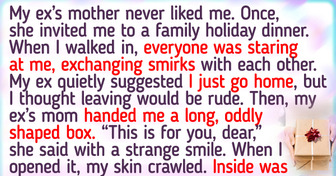
“Pushing 60, Trying to Look 30,” Nicole Kidman’s New Bold Style Is Deemed Age-Inappropriate
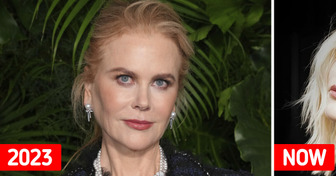
12 Turns of Events That Freaked People Out
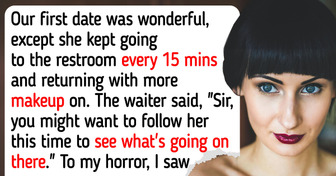
13 Stories That Show Just How Twisted Life Can Get
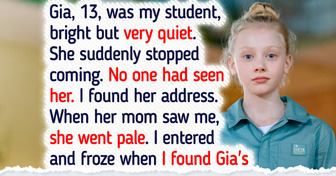
I Left My Fiancé Right Before Our Wedding Because His Parents Humiliated Me
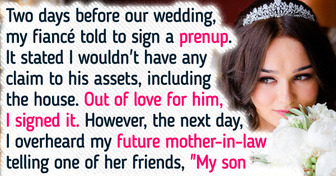
I Didn’t Want My Ex’s Wife at My Daughter’s Wedding — The Result Was Catastrophic
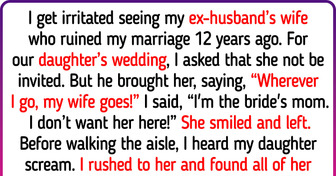
I Tracked My Daughter’s Phone and Discovered a Disgusting Secret
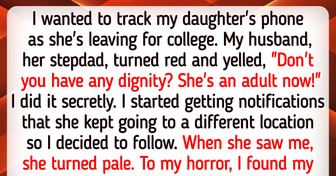
14 People Who Know What Being a Good Dad Is Really Like
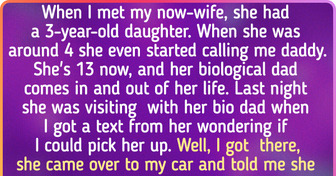
18 Dates That Were About Anything but Not Romance

My Stepdaughter Must Only Eat Vegan — My House, My Rules
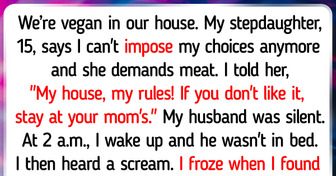
My Husband Secretly Changed Our Baby’s Name — I Am Ready for a Divorce
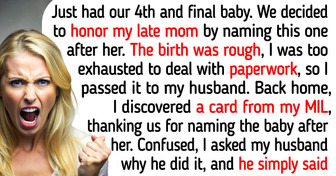
I Refuse to Wear a Bra to Please My MIL
